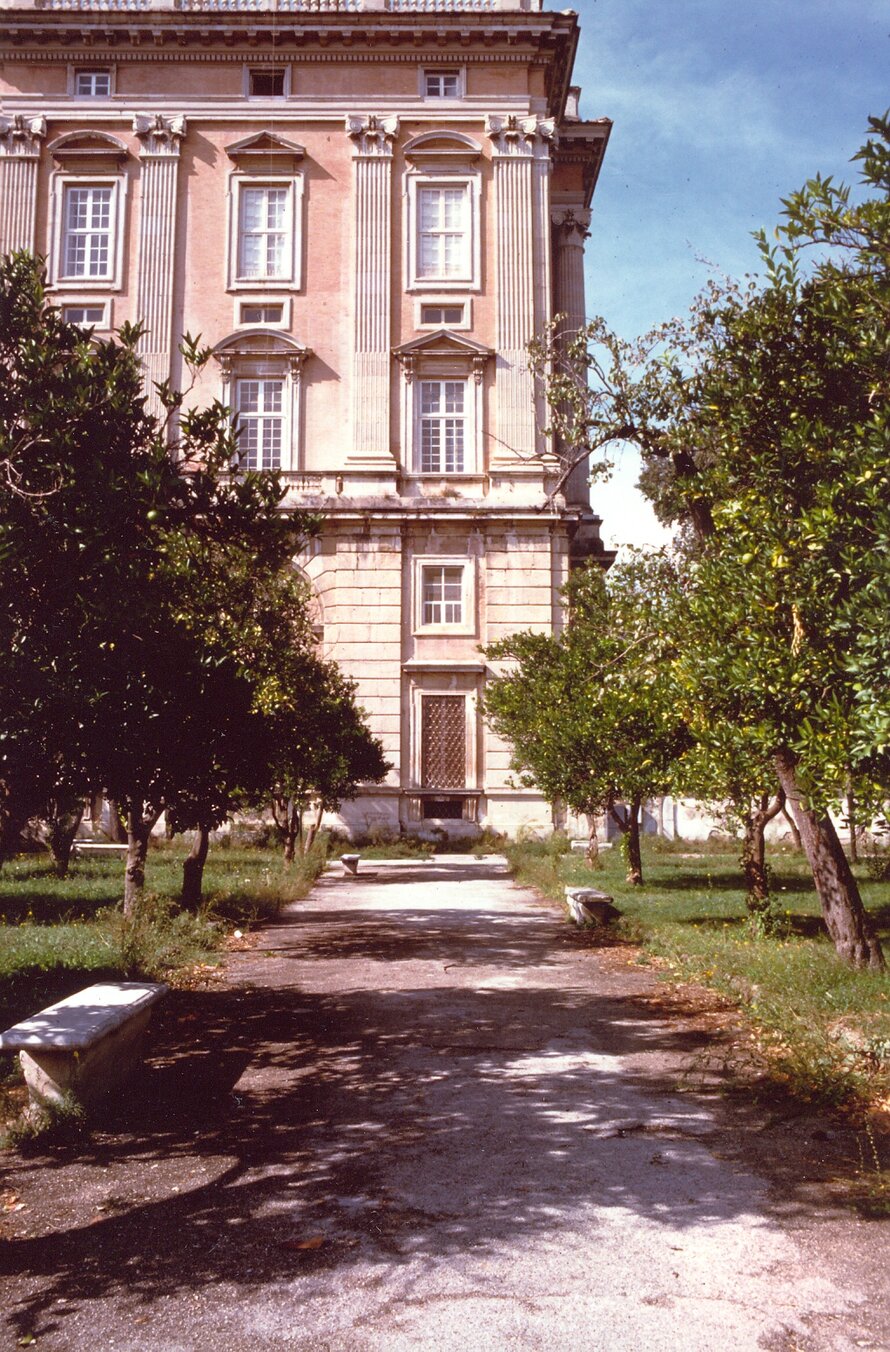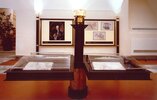The Royal Palace of Caserta
The palace was constructed in 1751 for the Bourbon kings of Naples by the Architect Luigi Vanvitelli. Within the structure of the general project of a functional adaption of the Royal Palace in Caserta by creating a grand cultural center, the Museum of the Opera was created. It ...
Read more
Project details
| Title: | The Royal Palace of Caserta |
|---|---|
| Entr. year: | 1995 |
| Result: | Diploma |
| Country: | Italy |
| Town: | Caserta (Campania) |
| Category type: | architectural heritage |
| Notes: | The 18th-Century Royal Palace at Caserta with the Park, the Aqueduct of Vanvitelli, and the San Leucio Complex has been listed by UNESCO as a World Heritage Site since 1997 |
| Building type/ Project type: | residential building |
| Former use: | Royal residence |
| Actual use: | Palace and garden open to the public, museum: cultural attraction |
| Built: | 18th century |
| Architect / Proj.leader: | Luigi Vanvitelli, Architect , Lucio Morrica - Rosa Carafa - Dante Rabitti, Architects |
| The Jury's citation: | "For the restoration of the basement of the Royal Palace and its imaginative conversion into a museum, interpreting the very important history of the site" |
| GPS: | 41°4'42.7"N 14°19'39.0"E |
| Web, Links: | www.reggiadicaserta.beniculturali.it/ |
Description:
The palace was constructed in 1751 for the Bourbon kings of Naples by the Architect Luigi Vanvitelli. Within the structure of the general project of a functional adaption of the Royal Palace in Caserta by creating a grand cultural center, the Museum of the Opera was created. It is hosting the documentation of the history of the site and the projects of Vanvitelli, furthermore the subterranean archeological room with the Samnite tombs (4th century B.C.), which came to light during the excavation for the new canalization. The basement of the Royal Palace was restored and adapted for its use as a museum. For the rooms a floor with marble slabs was inserted in the brickwork to indicate the route to follow throughout the museum. The Flora Garden was restored.
Similar projects
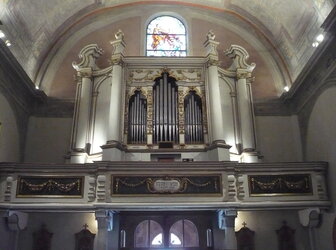
15th century
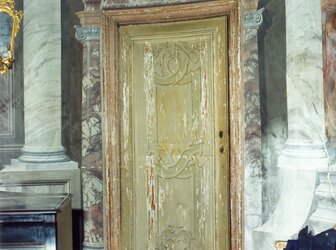
18th century
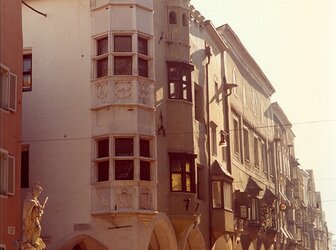
16th century

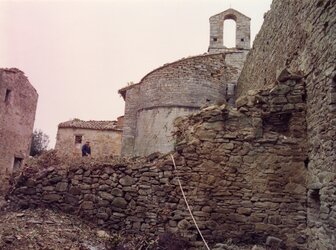
Middle Ages

15th century
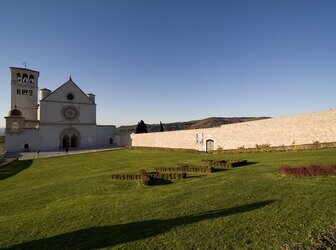
13th century
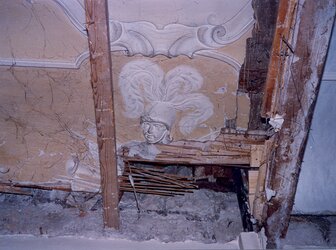
13th century
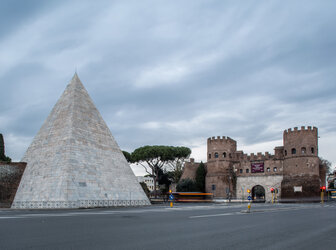
1st century BC
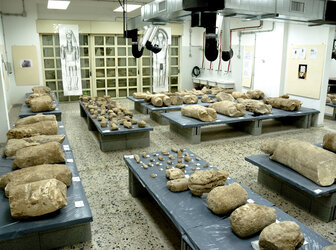
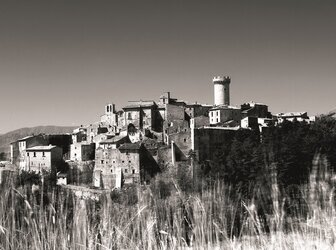
Middle Ages
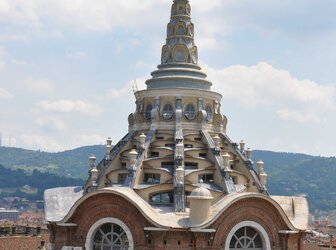
Beginning in 1668
